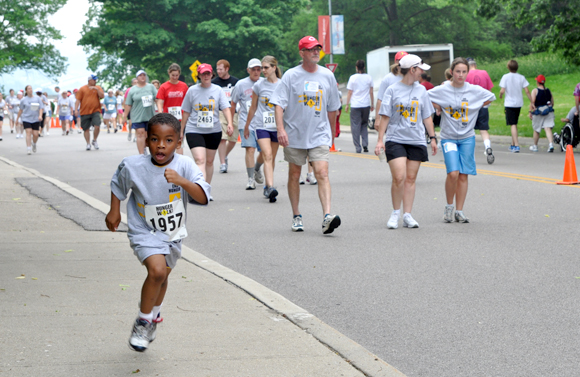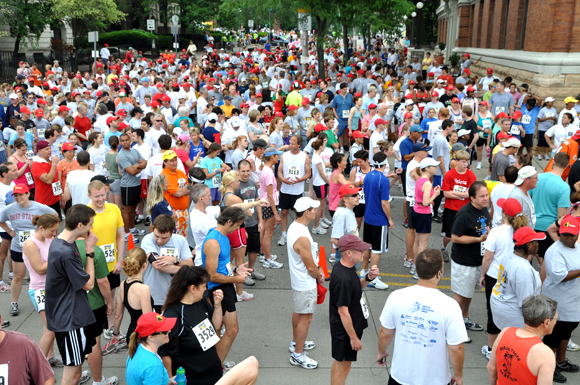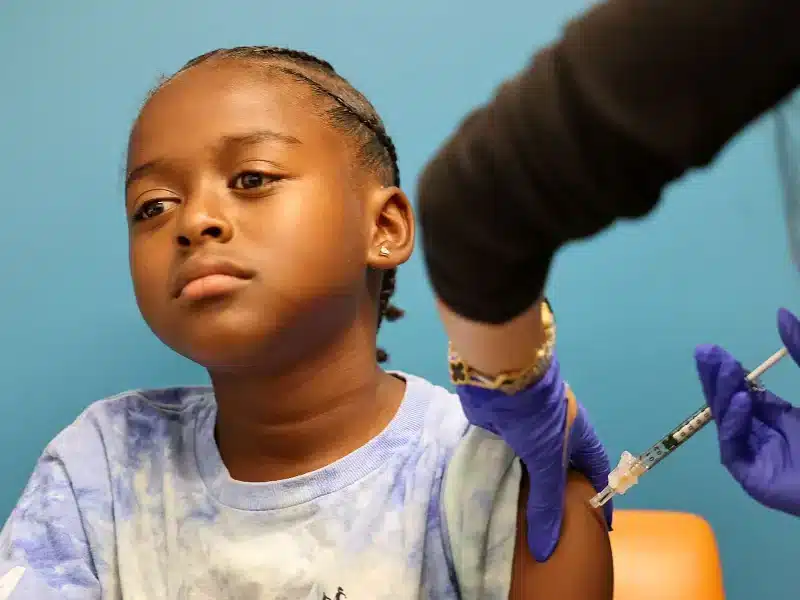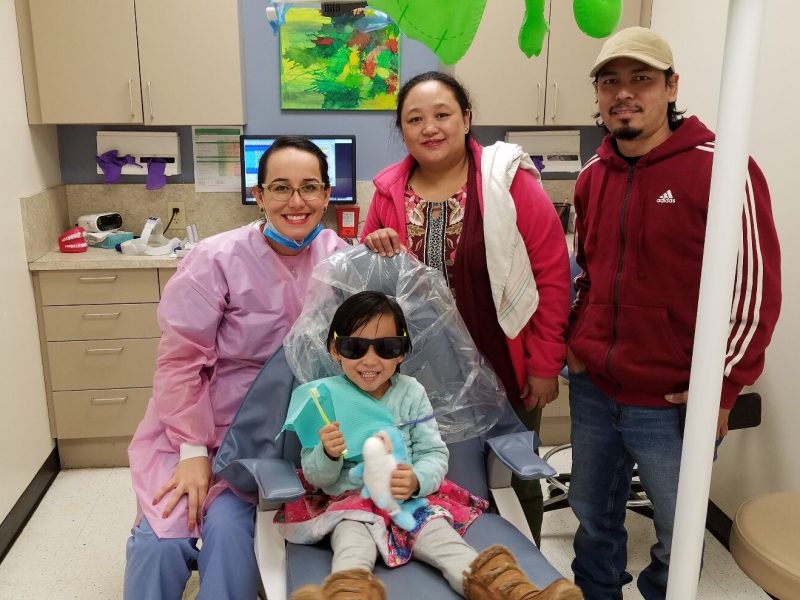Targeted donations put workers Back on Track
In its Liberty Street location, past the Freestore/Foodbank’s lime and pumpkin walls, its cheery plant-laden offices, spic and span floors and smiling faces sits a needy rack of men’s shoes. The FSFB’s massive capital campaign leaves footprints as solid as the steelcase filing cabinets that buffer cubicles on every floor. It marks the welcome/waiting area, the portal of social services, the food pantry that resembles a tiny-scale Jungle Jim’s, and more private office areas for clients in need of homelessness prevention and money management help. Friendly staff members, sometimes only distinguishable by their green and yellow lanyards and nametags, add to the feeling that the agency has constructed an ideal setting for maximum effectiveness and respectful service delivery.FSFB renovation’s decorator/client services manager Bernice Cooper first mentions the Back on Track program – home of the aforementioned shoes – as she begins a new tour. She explains the program is an on-site endeavor to provide donated clothing to all qualified comers for no cost. In order to visit the shop, clients must have completed a job training or work-readiness program and be on their way back to employment. They can visit two times a year, with at least six months between visits.Donations must be clearly tagged for the program; otherwise, they will be sold at low prices through the St. Vincent DePaul Society, which collects drive-by donations at the FSFB Liberty Street warehouse.Back on Track volunteers staff the one-and-a-half room space filled with neatly stocked racks that line the perimeter, and divide the room into clear-cut departments – men’s, women’s and children’s. Tall cardboard boxes filled with donations yet to be sorted sit tucked away in corners and behind the makeshift counter.Despite the large quantity of merchandise in the room, it’s hard not to notice the shoes. During one visit, there were 12 pair, neatly displayed on a wire rack that could have held at least four times as many loafers, sneakers and boots. They were all men’s shoes, all in good condition, mostly gym shoes. Men’s suits hang neatly just a few feet away, but which lucky suit-wearers will be able to find acceptable shoes to dress for a job interview or church? How many men will find a barely worn suit, carefully measured and labeled by a retired Procter & Gamble chemist-turned-volunteer, then be left grateful to snag a pair of sneakers? In the Back on Track store, the shoes tell a powerful story through worn laces, scuffed heels and a stretch of empty wire that conveys, in a very concrete way, the depth of gaps in services for those in need throughout the community. Do Good:• Give some goods. Back on Track donations must be clearly labeled, clean and in good enough condition to be helpful to a hopeful job-seeker.• Get the news. Sign up for the FSFB’s email newsletters.• Join the Hunger Walk and 5K. Create a team today for the Memorial Day events.By Elissa Yancey
In its Liberty Street location, past the Freestore/Foodbank’s lime and pumpkin walls, its cheery plant-laden offices, spic and span floors and smiling faces sits a needy rack of men’s shoes.
The FSFB’s massive capital campaign leaves footprints as solid as the steelcase filing cabinets that buffer cubicles on every floor. It marks the welcome/waiting area, the portal of social services, the food pantry that resembles a tiny-scale Jungle Jim’s, and more private office areas for clients in need of homelessness prevention and money management help.
Friendly staff members, sometimes only distinguishable by their green and yellow lanyards and nametags, add to the feeling that the agency has constructed an ideal setting for maximum effectiveness and respectful service delivery.
FSFB renovation’s decorator/client services manager Bernice Cooper first mentions the Back on Track program – home of the aforementioned shoes – as she begins a new tour. She explains the program is an on-site endeavor to provide donated clothing to all qualified comers for no cost. In order to visit the shop, clients must have completed a job training or work-readiness program and be on their way back to employment. They can visit two times a year, with at least six months between visits.
Donations must be clearly tagged for the program; otherwise, they will be sold at low prices through the St. Vincent DePaul Society, which collects drive-by donations at the FSFB Liberty Street warehouse.
Back on Track volunteers staff the one-and-a-half room space filled with neatly stocked racks that line the perimeter, and divide the room into clear-cut departments – men’s, women’s and children’s. Tall cardboard boxes filled with donations yet to be sorted sit tucked away in corners and behind the makeshift counter.
Despite the large quantity of merchandise in the room, it’s hard not to notice the shoes. During one visit, there were 12 pair, neatly displayed on a wire rack that could have held at least four times as many loafers, sneakers and boots. They were all men’s shoes, all in good condition, mostly gym shoes. Men’s suits hang neatly just a few feet away, but which lucky suit-wearers will be able to find acceptable shoes to dress for a job interview or church? How many men will find a barely worn suit, carefully measured and labeled by a retired Procter & Gamble chemist-turned-volunteer, then be left grateful to snag a pair of sneakers?
In the Back on Track store, the shoes tell a powerful story through worn laces, scuffed heels and a stretch of empty wire that conveys, in a very concrete way, the depth of gaps in services for those in need throughout the community.
Do Good:
• Give some goods. Back on Track donations must be clearly labeled, clean and in good enough condition to be helpful to a hopeful job-seeker.
• Get the news. Sign up for the FSFB’s email newsletters.
• Join the Hunger Walk and 5K. Create a team today for the Memorial Day events.
By Elissa Yancey
















